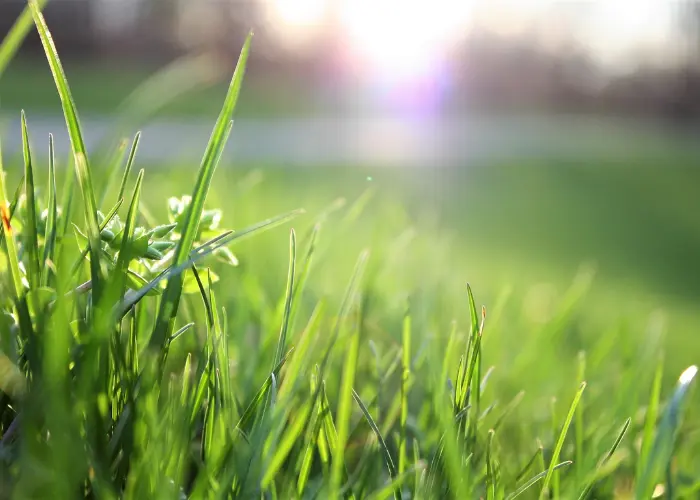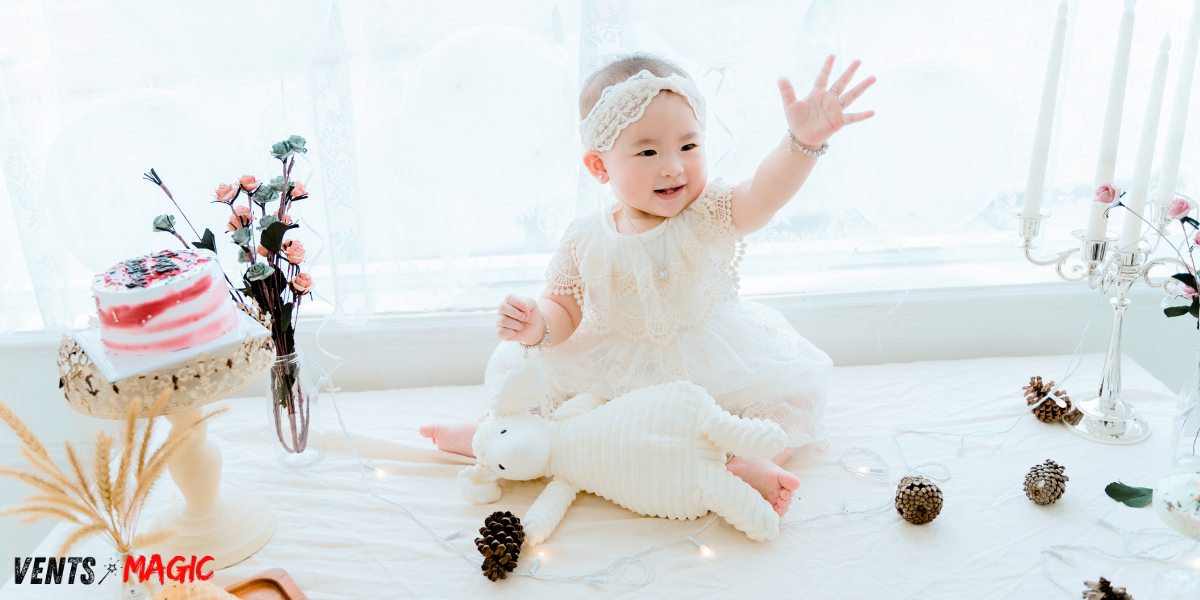Step by Step Guide about Creating A Home Garden in Dubai
This is the right place for you if you’re looking for a lesson or comprehensive guide on how to create a home garden in Dubai. Having a home garden or indoor garden is essential for your health and the environment around you, as I know that not everyone has the opportunity to spend time outside among colorful flowers and plants in our busy world.
In this specific article we are going to mention the best plants that grow in UAE, plant shops near me, best outdoor plants for Dubai and much more. After reading the article, we hope you will be ready to launch your new indoor garden in Dubai.
You will love to read: What Is Gingelly Oil? Benefits, Properties, Characteristics, and Risks
Understanding Dubai’s Climate
Dubai’s climate is characterized by year-round heat, high humidity, and occasional sandstorms. Summers are intensely hot, often exceeding 40°C, while winters are mild but still warm.
Gardening in this arid region presents challenges due to limited rainfall and high evaporation rates, making water conservation crucial. The key to successful gardening lies in selecting drought-tolerant plants that can withstand extreme temperatures and thrive with minimal water.
Native and desert-adapted species, such as succulents and palms, are well-suited to Dubai’s environment, ensuring your garden can flourish despite the harsh conditions. Proper plant selection is essential for long-term sustainability.
Selecting the Right Plants for Your Dubai Garden
Selecting the right plants for your Dubai garden is key to ensuring a thriving, sustainable green space. Given the city’s hot, arid climate, it’s essential to choose plants that can withstand extreme heat and limited water.
- Best Plants for Dubai’s Climate: Succulents like aloe vera and desert plants such as palms and bougainvillea are perfect for the environment. Heat-tolerant vegetables, such as tomatoes, eggplants, and peppers, can also flourish with proper care. Herbs like rosemary and thyme adapt well, providing fresh flavors to your meals.
- Low-Maintenance Plants for Beginners: If you’re new to gardening, start with easy-to-care-for plants like aloe vera, lavender, and cacti. These require minimal watering and can survive the tough conditions of Dubai’s climate, making them ideal for novice gardeners.
- Fruit and Vegetables to Grow in Dubai: Heat-tolerant crops like tomatoes, peppers, eggplants, and leafy greens can grow successfully in Dubai. With the right care, you can enjoy fresh, homegrown produce year-round.
By selecting the right plants suited to Dubai’s conditions, you can create a beautiful, low-maintenance garden that flourishes in the desert heat. Prioritize drought-tolerant species to conserve water and ensure long-term garden success.
Choosing the Ideal Location for Your Home Garden
Maintaining Your Dubai Garden
Maintaining a garden in Dubai requires a strategic approach, especially considering the region’s unique challenges.
- Pest Control: To manage common garden pests naturally, consider using eco-friendly solutions such as neem oil, insecticidal soap, or homemade sprays using garlic and chili. Introducing beneficial insects like ladybugs and lacewings can also help control pest populations without harming your plants or the environment. Regularly inspecting your plants for signs of pest infestations will allow you to address issues early, ensuring the health of your garden.
- Managing Plant Diseases: Hot climates can foster specific plant diseases, such as fungal infections. To mitigate this, ensure good air circulation around plants by avoiding overcrowding and spacing them appropriately. Water your garden in the early morning to allow leaves to dry throughout the day, reducing the likelihood of fungal growth. Additionally, removing any infected plant material promptly can prevent the spread of diseases.
- Seasonal Maintenance: Preparing your garden for the extreme summer heat involves mulching to retain moisture and reduce soil temperature. Regularly check irrigation systems to ensure efficient water delivery. During winter, focus on pruning dead or diseased branches and protect sensitive plants with coverings if necessary. Implementing these maintenance tasks will help keep your garden thriving year-round in Dubai’s challenging climate.
Sustainability Tips for Dubai Gardeners
Gardening in Dubai’s arid climate calls for sustainable practices that conserve resources and promote environmental health. Here are some effective sustainability tips for local gardeners:
- Water Conservation: To conserve water, implement efficient irrigation systems such as drip irrigation, which delivers water directly to plant roots and minimizes evaporation. Watering early in the morning or late in the evening helps reduce water loss. Additionally, using moisture sensors can optimize watering schedules based on the actual needs of your plants, ensuring efficient water use.
- Recycling Organic Waste for Composting: Composting is an excellent way to recycle kitchen scraps and garden waste, turning them into nutrient-rich organic matter for your garden. Set up a compost bin to collect items like fruit and vegetable peels, coffee grounds, and yard waste. This practice not only reduces landfill waste but also enriches your soil, improving its structure and fertility.
- Solar-Powered Garden Tools: Embrace eco-friendly gardening by using solar-powered tools. Solar garden lights, water pumps, and even mowers can significantly reduce your carbon footprint while maintaining your garden. These tools harness renewable energy, decreasing reliance on fossil fuels and promoting a sustainable gardening practice.
By adopting these sustainability tips, Dubai gardeners can cultivate vibrant gardens while protecting the environment and conserving precious resources.





Pingback: Corteiz Apparel: Explore UK Streetwear Style -
Pingback: How to Enroll Your Child in a Nursery in Dubai? A Quick Guide